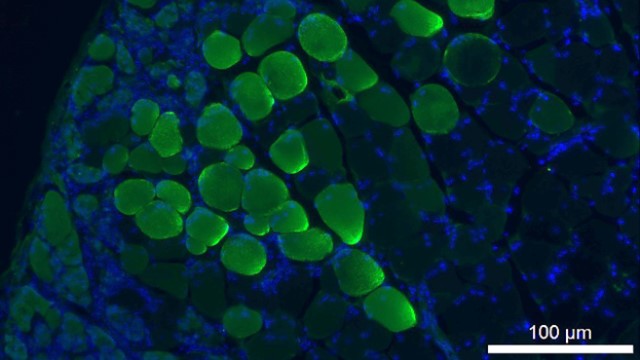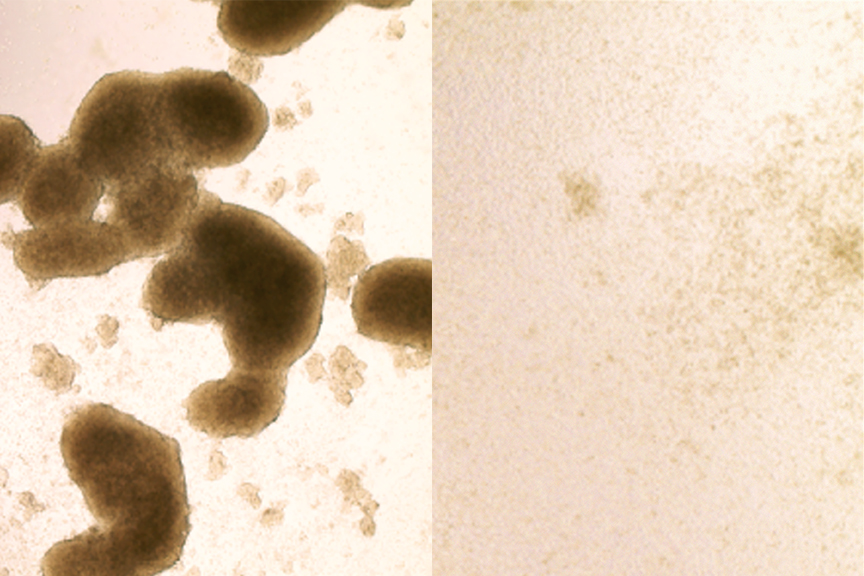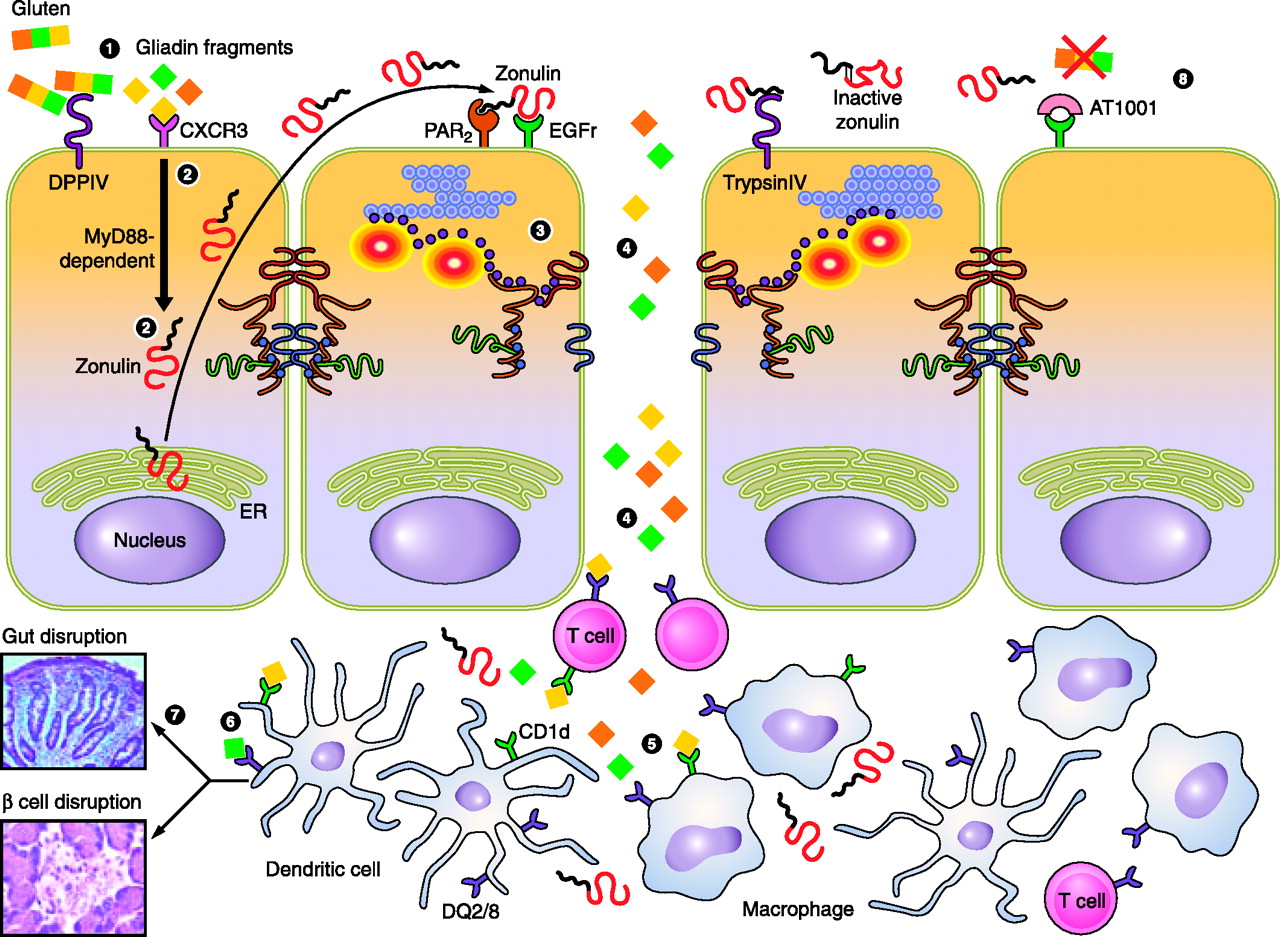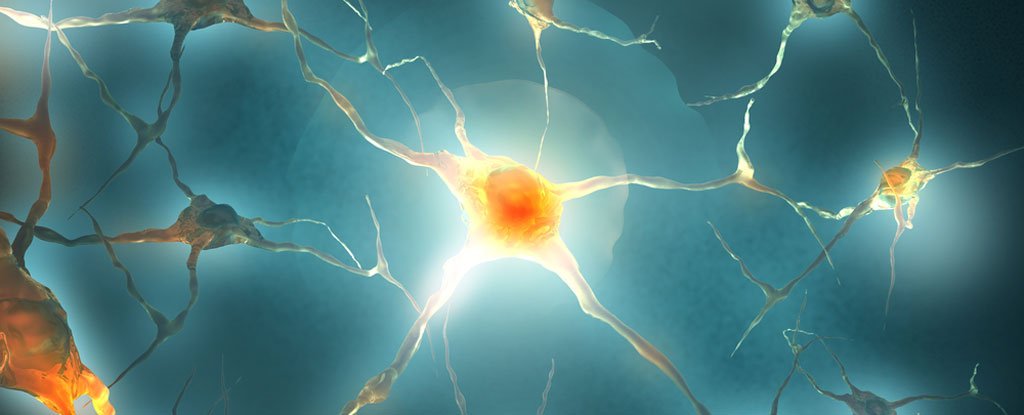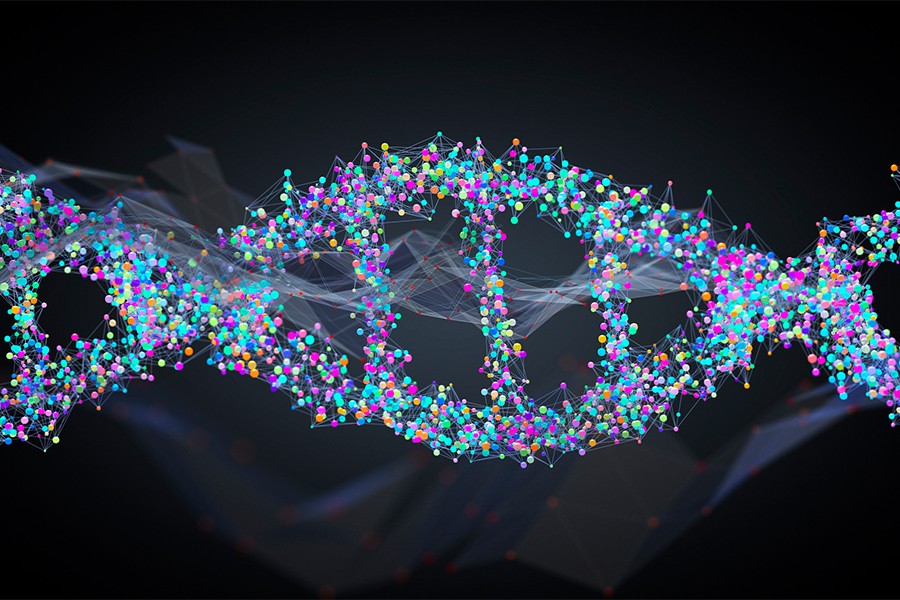
Ustekinumab (Stelara®) ELISA Assay Kit is for Research Use Only. Not to be used in diagnostic procedures.
A new ELISA assay kit for the quantitative determination of free Ustekinumab. This new kit, Ustekinumab (Stelara®) ELISA Assay Kit has recently been added to our Drug Monitoring Assay Kit line which is a complete group comprised of a unique, versatile set of products for a variety of applications, research, and fields of study surrounding overall immunological health and immunological-related disorders.
What is Ustekinumab?
The drug Ustekinumab (brand name Stelara®) is a humanized immunoglobulin G1k monoclonal antibody that binds with high specificity to the p40 protein subunit used by both the IL-12 and IL-23 cytokines. The Ustekinumab ELISA (mAb-based) kit can be efficiently used for measuring free Certulizumab pegol levels in serum and plasma, without any cross reaction with any other drug directed to target IL-12 and IL-23 molecules.
Why Measure Ustekinumab ELISA from EagleBio?
This Ustekinumab ELISA (mAb-Based) measures the free form of Ustekinumab and the choice of specifically measuring the free form allows investigators to analyze the concentration-effect relationship. Our assay is superior to any other assay kit in the market in terms of specificity.
Our assay offers:
- Unique Specificity: The Ustekinumab ELISA (mAb-Based) measures the biologically active free form of Ustekinumab, i.e. not preoccupied by human IL-12 or IL-23 antigen. No cross reaction was observed with sera spiked with the other therapeutic antibodies including: Infliximab, Rituximab, Cetuximab, Vedolizumab, Tocilizumab, Trastuzumab, Nivolumab and Bevacizumab at concentrations tested up to 40 µg/mL.
- Fast results: incubation time- 2.25 hours
- Automatable: suitable for use by an automated ELISA processor.
Ustekinumab (Stelara®) ELISA Assay Kit
Catalog number: IG-AB121

